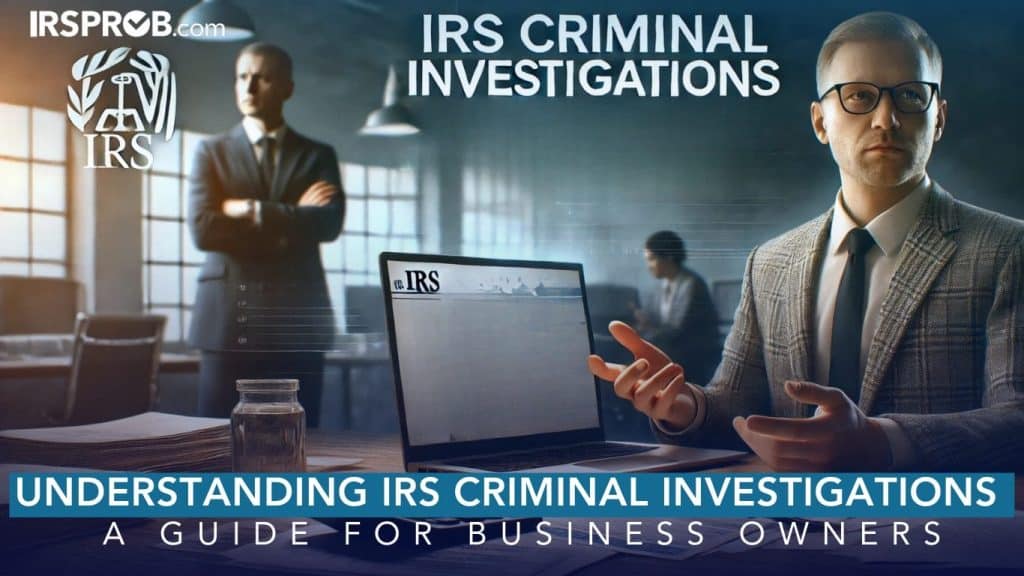
As a business owner, managing taxes can be complex, but it’s crucial to stay compliant. Recent cases, like the guilty plea of a telecommunications company and its CEO for defrauding federal aid programs, highlight the serious risks of tax fraud.
What is the IRS Criminal Investigation Division?
The IRS Criminal Investigation Division (CID) investigates potential criminal violations of tax laws. Unlike regular audits that focus on tax amounts owed, criminal investigations look for evidence of wrongdoing. The CID has a high conviction rate—over 90%—showing they take these matters seriously.
How Do Investigations Start?
Investigations can begin in several ways:
- Audits: If an IRS agent finds discrepancies during an audit, they may refer the case to CID.
- Tips: Information from whistleblowers or other sources can trigger an investigation.
- Collaboration: The IRS may work with other law enforcement agencies on ongoing investigations.
For business owners, even minor mistakes can lead to serious scrutiny.
What Happens During an Investigation?
Once an investigation starts, IRS agents gather evidence through:
- Interviews: Speaking with employees or associates.
- Surveillance: Observing activities that may indicate fraud.
- Subpoenas: Requesting financial documents and records.
This thorough process means any irregularities in your financial reporting could lead to significant consequences.
Consequences of Tax Fraud
Being found guilty of tax fraud can have severe repercussions:
- Legal Penalties: Convictions can lead to hefty fines and prison time—up to five years for each count.
- Financial Loss: Beyond fines, you may face asset seizures and restitution payments.
- Reputational Damage: Criminal cases are public and can harm your business’s reputation.
- Personal Stress: The pressure of an investigation can affect personal relationships and well-being.
How to Protect Yourself
If you suspect you might be under investigation or have concerns about your tax practices, take these steps:
- Consult a Tax Attorney: A professional can provide tailored advice for your situation.
- Review Your Finances: Conduct an internal audit to find and fix any potential issues.
- Be Transparent: Keeping accurate records and being honest in your reporting can help reduce risks.
Final Thoughts
Staying compliant with tax laws is essential for every business owner. Understanding the potential for IRS criminal investigations and their serious implications can help you take proactive steps to protect your business. By staying informed and seeking professional help when needed, you can safeguard your financial future against the risks of tax fraud allegations.
Recent cases serve as a reminder that being vigilant in tax matters is crucial for long-term success and stability in your business.







